Encyclopaedia of Vedic Philosophy (In 9 Volumes)
Synopsis
The orthodox Hindu regards the Vedas as his highest written authority. Any subsequent scripture, if he is to regard it as valid, must be in agreement with them, it may expand them, it may develop them, and still be recognized, but it must not contradict them. They are to him, as nearly as any human document can be, the expression of divine truth. At the same time it would be a mistake to suppose that his allegiance to their authority is, in the final analysis, blind and automatic. If he considers them the word of God, it is because he believes their truth to be verifiable, immediately, at any moment, in his own personal experience. If he found, on due examination, that it was not so definable, he would reject it. If he found that any part of it was not so definable, he would reject that. In short, he conceives that his faith in the Vedas is as well founded, and on grounds exactly as critical as is the natural scientist’s belief in any physical law. In other words, the study of the Vedas, is first-hand experience of God. The Vedas teach the knowledge of God, and lay down work as a means to that knowledge—the word work here signifying both sacrificial rites and unselfish performance of secular duty. When through work our hearts are purified, we are ripe for divine knowledge. Work and knowledge—these two are the subjects of the Vedas, and name the parts into which Rg, Sama, Yajur and Atharva are each divided. Against the background of these conceptions the orthodox view of the origin of the Vedas may be quickly sketched. At the very beginning of each cycle, holy seers are born into the world, men who in previous universes have ascended far towards the supreme goal and are therefore especially capable of perceiving divine truth. These blessed saints—rsis, the Hindus call them—meditate on God, and while so meditating discern the everlasting laws of the spirit, and it is the concrete record of these laws, so discerned, that constitutes, in each cycle, the most authoritative or sacred writings. The record of the meditations of the rsis born at the beginning of our own cycle is, then, what we know as the Vedas. This the Encyclopaedia of Vedic Philosophy fulfills the need for a vast introductory work of reference to this diverse philosophical subject. The nine-volume set, with contributions from some of the fore-most indological scholars from around the world, incorporates the finest writings on the Vedas and the philosophy they propound. This work is perhaps the largest comprehensive reference source on the subject.
Read more
291.60
262.44
$
324.00 $
Free delivery Wolrdwidе in 10-18 days
Ships in 1-2 days from New Delhi
Membership for 1 Year $35.00
Get it now and save 10%
Get it now and save 10%
BECOME A MEMBER
Books by the same author

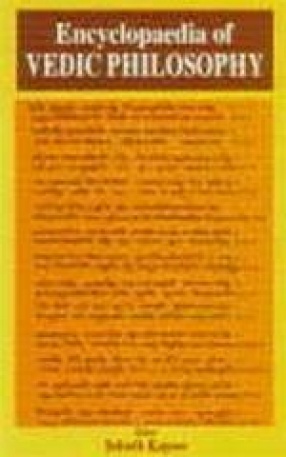
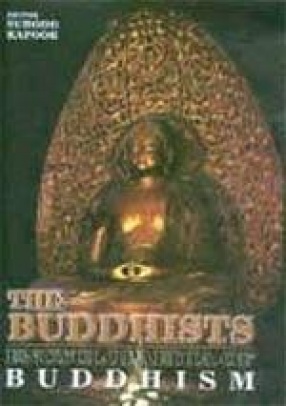
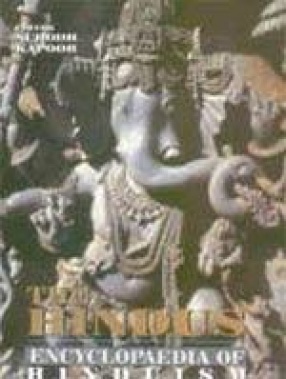
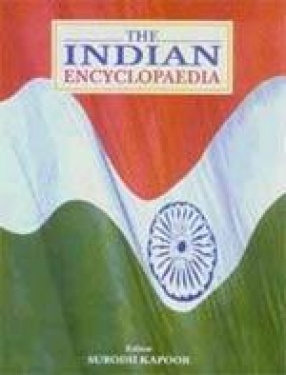
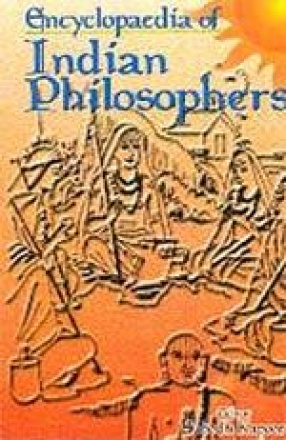


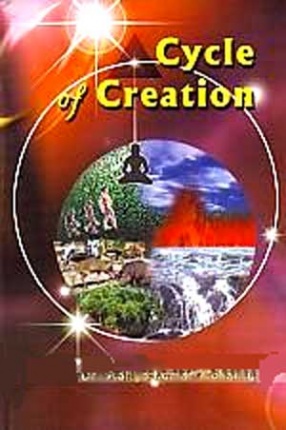
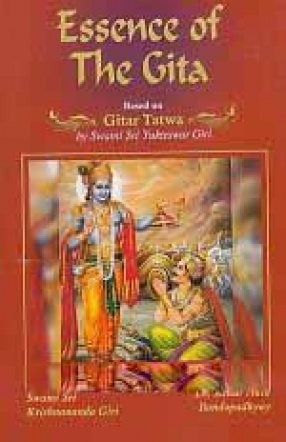

Bibliographic information